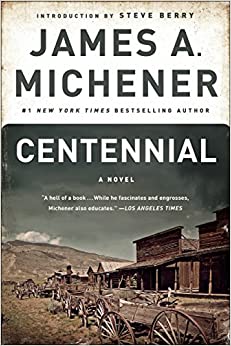By Thomas Kies
I was recently asked by a fledgling writer about how long a book should be. I told him that the book is as long as it takes to tell the story, but generally speaking, it appears that the word count should be anywhere from 60,000 words to 110,000.
Last week Douglas Skelton did an excellent blog on books he’s pulled off his bookshelf, blew away the dust, and reread, such as Ed McBain, Robert Ludlum, and Harold Robbins. These were books he read early on in his life.
It made me think of some of the authors I read when I was much, much younger. I think back fondly on the James Bond novels by Ian Fleming. Back then, the Signet paperbacks were only sixty cents, but we’d read them, trade them for others, and talk quietly about them. Don’t let the teachers see you with those books, after all, some of them have sex scenes.
The way Bond treated women back then, we’d consider misogynistic now.
I was absolutely hooked on the John D. MacDonald novels featuring Travis McGee. The premise of the McGee mystery/thrillers was that McGee was the finder of lost or stolen things, a self-styled “Salvage Consultant”. He lived on a houseboat in Florida that he won in a poker game called the “Busted Flush”. And all the covers of those paperbacks seemed to feature a semi-nude woman. Don’t let the teacher catch you with any of those either.
But I also became addicted to the wildly popular novels of James Michener. His books were amazing…and amazingly long. His book Hawaii is nearly a thousand pages. Centennial was over a thousand pages long. Not something you’d likely see in a novel now. Most of his books would begin with long chapters about the cultural and geologic history of whatever region was the subject matter of that particular novel.
Could a writer get away with that now? Not a chance.
Novels need to start fast, be tightly written, and don’t even think about writing a 1,000-page book. Even chapters are shorter. People's attention spans are shorter, their time is in demand from their jobs, families, and the world around them.
Before getting published, I attended a writer’s conference and sat in on a workshop where the facilitator insisted that all books have chapters that were around twenty pages each. I’ll admit, that in my first novel, Random Road, some of my chapters were around that long.
But as I continue to write, my chapters have become shorter, in some cases four or five pages. It’s basically a scene and once that scene is over, bam, time move on to a new chapter.
Why short chapters? They make a good stopping point. Maybe the reader only has fifteen minutes set aside per day (or night) for reading. Or they have just so much time on their train commute. Or that's just the time they've set aside before their next task.
But the funny thing is that when we give the reader a place to pause, they keep reading.
The biggest compliment I get is when a reader tells me they couldn’t put a novel of mine down, that they read it in one sitting or over the course of several days.
And I thank them for the compliment in spite of the fact what it took them a day or so to read, it took me nearly a year to write.

1 comment:
Loved your post and also putting your by-line below the title. Yesterday someone said they read my facebook entry about my recent post but they couldn't figure out which one was mine.
Post a Comment